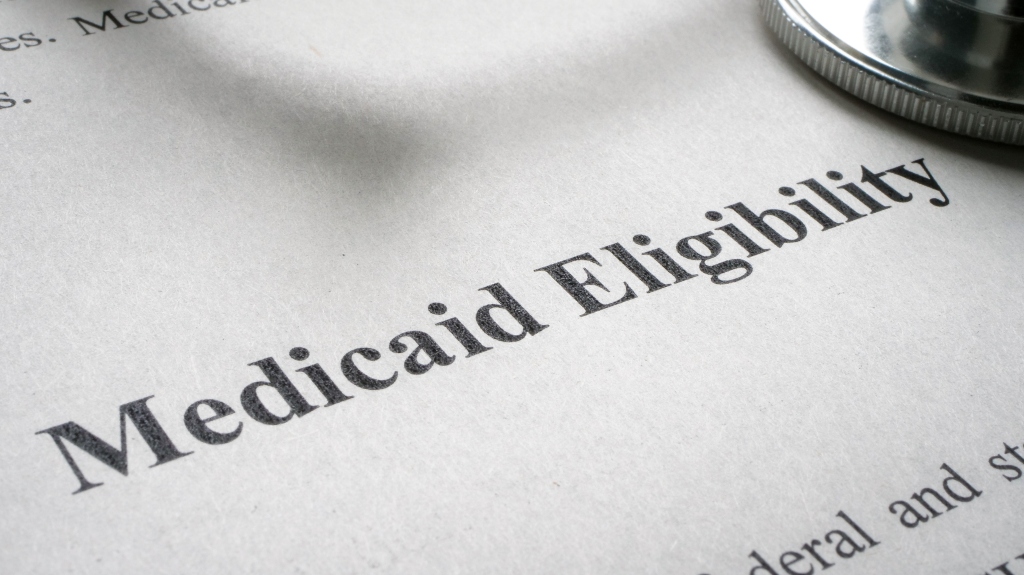
Medicaid plays a critical role in providing essential financial support for long-term care services, particularly for seniors who may not have sufficient coverage through private insurance or Medicare. It helps bridge the gap by covering various necessary services, such as nursing home care, personal care assistance, and related support. However, seniors and their families must understand that if they accept Medicaid payments for these services in Louisiana, they may be subject to estate recovery after their passing, which can impact their remaining assets.
What Is Estate Recovery?
Estate recovery allows the state to seek reimbursement from the deceased’s estate for the costs incurred while on Medicaid. This financial obligation can have significant implications for the inheritance of family members and should be factored into long-term care planning.
What Does Medicaid Estate Recovery Mean in Louisiana?
Following the passing of a nursing home resident covered by Medicaid, the state gains the authority to recover the expenses incurred for their care under the Medicaid program. This estate recovery process typically applies to any services the individual received starting at age 55 and continuing until their passing.
The types of expenses subject to recovery may include various forms of medical care such as hospital stays, prescription medications, and the ongoing services provided in a nursing home setting. The state can pursue these recoveries in several ways, including:
- Filing a Claim Against the Estate: The state may submit a formal claim against the deceased person’s estate, seeking reimbursement for the assets left behind.
- Placing a Lien on the Family Home: If the deceased owned a home, the state could put a lien on the property, effectively securing its interest in any future sale or transfer of ownership.
However, there are specific limitations regarding the state’s ability to place a lien on a family home. For example, if the property was owned jointly by two spouses, the state cannot take action against the property as long as the surviving spouse is alive and continues to reside there. Other notable exceptions can also prevent the state from seeking recovery, such as:
- Properties Held in a Revocable Trust: If the deceased’s property is placed in a revocable trust, the state may be unable to claim it.
- Primary Residence of Caregivers: If the property served as the main residence for the individual who cared for the deceased before their admission to the nursing facility or their Medicaid eligibility, the state is also restricted from pursuing recovery against that home.
These provisions are designed to protect certain assets and ensure that Medicaid’s costs do not unduly burden surviving family members.
How Else To Protect Your Assets?
Medicaid has specific conditions under which it can place a lien on a home, ensuring certain protections for beneficiaries and their families. These protections apply in various situations, allowing individuals to retain their homes under specific circumstances. For instance, in Louisiana, a home may be protected from Medicaid estate recovery claims if the beneficiary has a blind or disabled child, a minor child living in the home, a sibling who resided there for at least a year before the beneficiary entered a nursing facility or a non-disabled child who lived in the home for at least two years before the beneficiary’s admission and contributed to the beneficiary’s ability to stay at home.
These protections established by Medicaid ensure that vulnerable individuals and their families can maintain their homes, especially during transitions into advanced care facilities.
Contact Losavio & DeJean Today
If you want further information about Medicaid and how to protect your assets, contact Losavio & DeJean today and speak with our skilled legal team.

